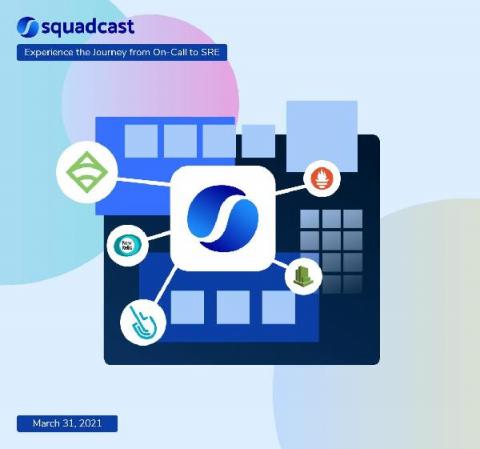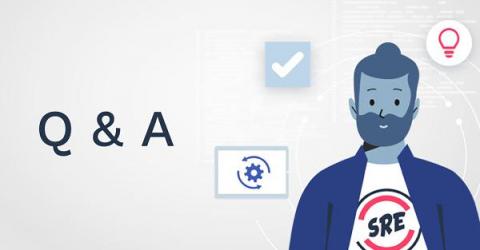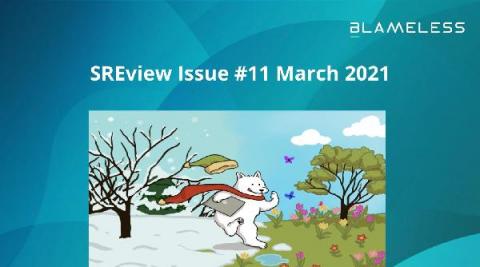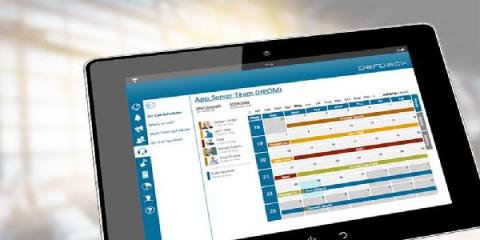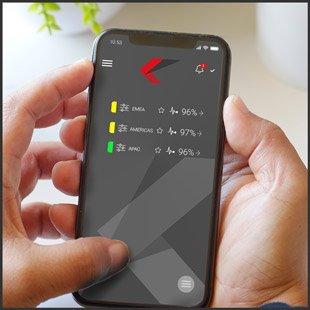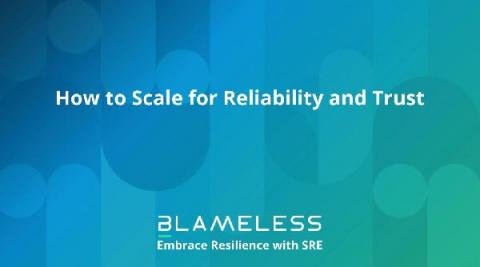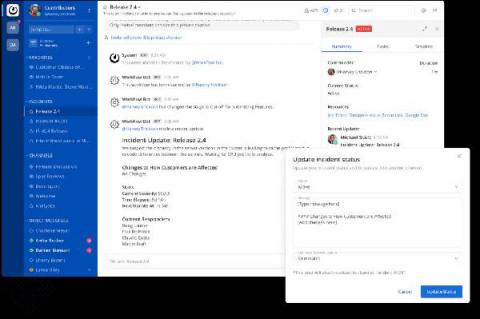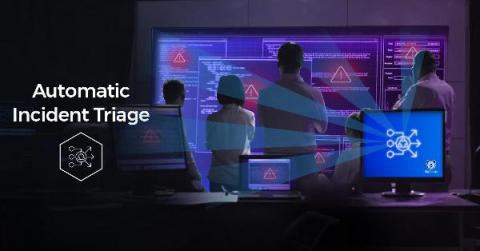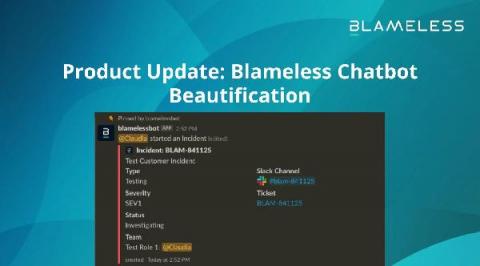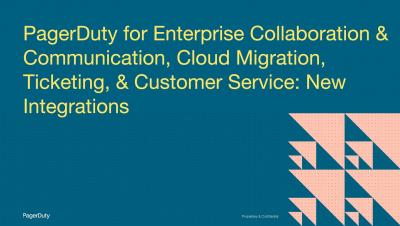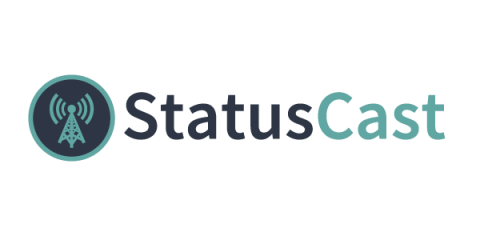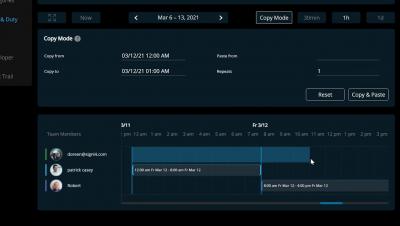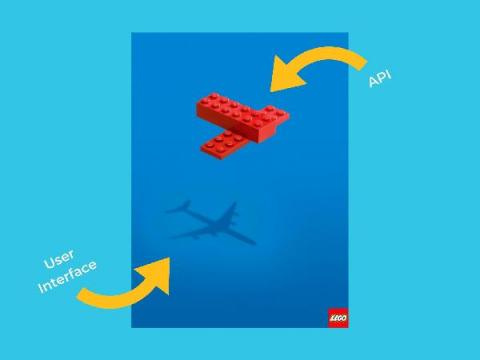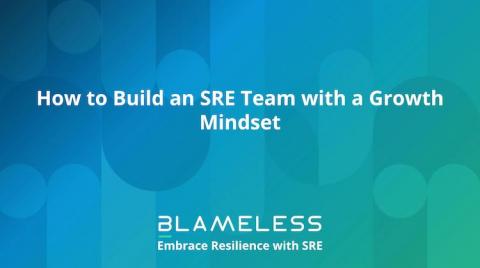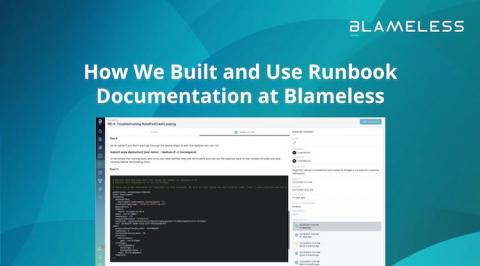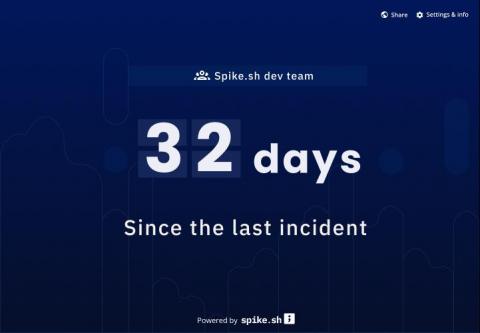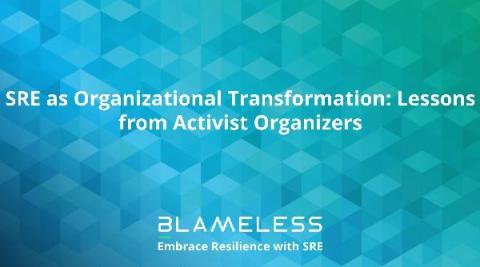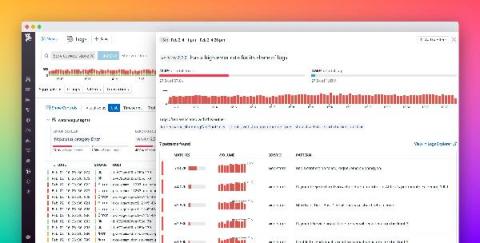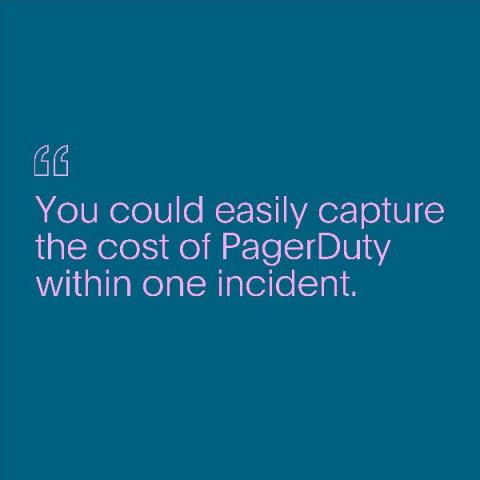Operations | Monitoring | ITSM | DevOps | Cloud
March 2021
5 AIOps Trends for 2021
Recently, there has been a steep rise in the research and utilization of Artificial Intelligence (AI). While AI once seemed like nothing more than a fantasy from a sci-fi movie, AI technology is now very much a reality in our everyday lives. Artificial intelligence and machine learning are involved in many of our daily tasks, from search engines that finish your thought, to pulling up directions in Google Maps, and how your Facebook and other social feeds are so perfectly catered to your interests.
Four Ways to Reduce Patient Churn in Healthcare
Maximum patient satisfaction is achieved through an organization’s ability to provide effective and timely care. Healthcare staff realize that poor clinical care leads to dissatisfaction, frustration and ultimately, patient churn. To reduce patient churn, hospitals must focus on what matters the most—effective care team communication, collaboration and decision making. Patient loyalty and positive word of mouth ensures that an organization continues to generate revenue.
How to Analyze Incidents Better with the Right Metrics
Coffee Break Webinar Series: Intelligent Observability for SRE
A selection of live questions and answers from the audience of our recent webinar on how site reliability engineers can best leverage intelligent observability to monitor SLIs and SLOs, prioritize reliability over functionality, and more.
Optimizing Alert Policies with Dynamic Destinations
Targeted reliable notifications are the core of any alerting solution. Blasting out emails may be good for quantity, but Enterprise Alert focuses on the quality, this means notifying the right people at the right time. We often see monitoring and ticketing solutions creating an incident and then relying on the emailed recipient to not only identify and handle the incident but also to close out the ticket that is raised.
The PagerDuty Platform Overview (70 sec.)
Runbooks: What They Are and Why You Need One Yesterday
Let’s talk about The Legend of Zelda: A Link to the Past, and how it relates to DevOps. The game tasks our hero with finding three pendants, which unlock a Master Sword he can use to travel to an alternate realm and ultimately take down the bad guy. The US version of this SNES masterpiece came packaged with a fairly detailed instruction manual that contained an optional guide at the end to help locate the three pendants.
Dynamically Assigning Users/Teams inside of Enterprise Alert
Dynamically Assigning Users/Teams inside of Enterprise Alert
SRE Thought Leader Panel: SRE Adoption as Organizational Transformation
PagerDuty Rundeck Automation Solution Demo
SREview Issue #11 March 2021
Adding Rich Content to Alerts, Work Orders or Service Requests
When you send alerts, work orders or service requests to your workers in the field, on the shop floor or campus it is essential to provide them with all relevant information necessary to solve the task. This prevents misunderstandings, avoids waste work, time for searching information and thus increases productivity and facilities an effective, timely incident resolution.
Import and Export for OnCall Times
On-call planning is one of the most popular features in Enterprise Alert and is widely used by users, team managers and administrators. However, in our discussions we keep finding that it is not simply done with 5 minutes of planning. Scheduling often depend on external systems. This can range from a simple excel form provided to HR all the way to a comprehensive billing system such as SAP. As a result, it takes a quite a bit of time to transfer the planned shifts to third-party systems.
Why do I need to switch to Firebase?
Apple announced some time ago that the Apple Push Notification (APN) will be deactivated for sending push messages as of March 31, 2021. To continue to ensure the sending of push messages to iOS devices, we have already implemented push shipping via Firebase in Enterprise Alert 2019. Unfortunately, the change could not be done automatically and requires manual intervention.
Global bank transforms incident alert management & communications
Customer Profile One of the top 10 largest financial services companies in the world 200,000+ employees worldwide. Serving tens of millions of customers. With operations in more than 60 countries, the Interlink Incident Alert Management app serves an audience of thousands of service owners and business stakeholders - across 20+ global markets
How to Scale for Reliability and Trust
What's New: Improvements to On-Call Schedule Exceptions
We’re excited to present a feature update to the OnPage platform. The new update will bring more flexibility and resiliency to a team’s on-call management workflow. With the new scheduling capabilities, OnPage system administrators can create exceptions to configured, recurring on-call schedules.
Phoenix Project: Sometimes you have to look back to look forward
It has been eight years since The Phoenix Project was published and a lot has changed since then! I started to think about what we’ve learned in that time. It starts with the theory of constraints. I still see it all the time. Organizations take actions which are merely temporary, putting out fires but not solving for the underlying causes of those fires.
Mattermost Incident Collaboration now includes improved communication, automation, and history for incident response teams
Teams are always looking for a speed advantage, and that comes from planning, crisp execution, and teamwork. To this end, we’re excited to release new enhancements to Incident Collaboration to help make life easier for DevOps teams during incident response. The Mattermost platform includes built-in Incident Playbooks with predefined response plans and task lists. Playbooks can be customized to your environment and specific use cases.
Say goodbye to guessing: Introducing Automatic Incident Triage by BigPanda
Low MTTR is the much-desired nirvana-state in IT Operations. One of the most painful parts of the incident management lifecycle, which prevents the achievement of this nirvana, is triage: the time it takes first incident responders to determine the next action when facing a barrage of IT incidents. Why?
Product Update: Blameless Chatbot Beautification
PagerDuty for AIOps & Automation: Innovate & Automate Faster
PagerDuty Enterprise Collab & Communication, Cloud Migration, & Customer Service: New Integrations
BigPanda Automatic Incident Triage
IT Incident Response is Improved with a Corporate Status Page
To understand the impact that stovepipes have on incident response, one need look no further than the 9/11 terrorist attacks that occurred in the United States. The CIA, DoD, and FBI all knew about the Al Qaeda terror threats before the planes hit the World Trade Center, but the 9/11 Commission found that a lack of data and intelligence sharing among the agencies limited each agency’s understanding of the looming terrorist threat; thereby, limiting their incident response.
How to Analyze Contributing Factors Blamelessly
Planning of on-call duties, services and shifts with Signl4
Introduction to on-call schedules
An on-call schedule tells you and everyone in the team who will be the first responder when an issue happens in production. The on-call team member is responsible for investigating the issue, either fixing the issue herself or adding other people who can help fix it. Having an on-call schedule is important for building reliable systems because making someone responsible for production issues makes sure that they're not ignored.
How to deal with alert noise
Adding alerts across your monitoring tools is taking a proactive approach to reliability. But if there are too many alerts, then it can become counterproductive because team members will start ignoring alerts or remove the alerting altogether. Which is why you need a systematic approach to adding alerts and dealing with them.
Take the Lead Jennifer Tejada and Bonita Stewart
PagerDuty for Service Ownership Solution Demo
PagerDuty for Customer Service Ops & the PagerDuty Zendesk Integration Demo
PagerDuty for AIOps Solution Demo
PagerDuty for AIOps Solution Demo
How to get mobile push notifications from any service
Love 'em or hate 'em, mobile push notifications can be very useful. They are not as intrusive as a phone call and have better information formats and control than text messages. Which is why it can be very frustrating to not get push notifications for your favorite product because it doesn't have a mobile app. In this post, we will see how to get mobile push notifications from any service, even if they don't have a mobile app.
What's New: Updates to Event Intelligence, Compliance and Reporting, and More!
We’re excited to announce a new set of updates and enhancements to the PagerDuty platform! These updates are designed to help organizations accelerate cloud migration, provide premium levels of customer service, streamline collaboration and communication, and deliver a seamless customer experience in the moments that matter most.
Modernize Incident Response With PagerDuty Solution Demo
How to speed up incidents with a lot of cooks in the kitchen
In one of our recent webinars we discussed a substantial challenge IT Ops teams face in today’s complex IT environments: defining and clearly communicating incident/operational roles and processes, in an effort to create a well-coordinated incident management lifecycle. This lifecycle is essential for restoring service as quickly as possible when disruptions occur. Following are the highlights of that discussion, also recently published in an ApmDigest article.
9 Barriers to DevOps Implementation
Why Your APIs Should Fly First Class
Picture yourself flying first class. You board the plane first, you get champagne, and you feel as though you’re the most important. Why not treat your APIs the same way? In this talk, FireHydrant CEO and Co-Founder, Robert Ross (a.k.a @bobbytables) shares why putting your APIs first can be a game-changer for your business and how this mindset shaped the way FireHydrant was built.
Why Your APIs Should Fly First Class - A Case For Going API-First
How to Build an SRE Team with a Growth Mindset
How to get mobile push notifications from Spike.sh
When an issue happens in your software in production, the channel to send the alert on depends on multiple factors. If it's a critical issue requiring immediate attention, you should alert the team member via phone call. But not all issues require a phone call, and in fact it may become annoying if your phone keeps ringing for minor issues. This is where other channels like SMS, Slack and mobile push notifications come in.
Alert Fatigue and Your Health
As an on-call engineer, you might deal with the day-in, day-out occurrence of alerts. These alerts may come from your alerting provider (PagerDuty, OpsGenie, etc.), Slack notifications telling you the site is down, or the ever concerning text message "Hey, is the site down?". These alerts elicit reactions that range from "shit" to "again?" and in many cases, both.
How to use BigPanda together with your observability and monitoring tools
How We Built and Use Runbook Documentation at Blameless
6 Automations to Accelerate IT Operations
IT Trends You Don't Want to Miss
The COVID pandemic has redefined the workplace and accelerated the process of digitization for many. Organizations are migrating to systems that are flexible, distributed and resilient. Per Gartner, IT spending will reach $3.9 trillion worldwide in 2021. IT teams will be channeling investments into enterprise software as remote work becomes essential. Systems that support remote work will see a growth of 8.8 percent this year.
Why we went passwordless on our new product
Passwords are dying. The cost of creating and maintaining passwords is becoming untenable. Which can be seen in the rise of users logging in with social products and developers outsourcing their pain to Auth0 and the likes. We decided to sidestep the password based authentication and went passwordless on our new product. Read on to see how you can go passwordless too.
Using OnPage to Deliver Exceptional Customer Support
The OnPage Customer Support team consists of knowledgeable, friendly technicians that offer 24/7 assistance. Support recognizes the importance of client relationships and always aims to achieve maximum customer satisfaction. The OnPage incident management system is at the center of Support’s quality service delivery. OnPage triggers instant, critical mobile alerts to technicians whenever customer-initiated tickets are created.
Introducing Incident Timer
We’re excited to announce Incident Timer - a “days without an incident” timer for software teams to keep track of major engineering incidents. As the people behind Spike.sh, we keep discussing how to build a culture of reliability with our customers. We loved the idea of safety/accident timers in factories which kept track of major accidents. It's a simple and elegant way to keep safety on everybody’s minds.
What is DevOps?
SRE as Organizational Transformation: Lessons from Activist Organizers
Accelerate your logs investigations with Watchdog Insights
If you’re investigating an incident, every minute means degraded performance or even downtime for customers. The causes of an issue often come from parts of your systems and applications that you would not think to check, and the sooner you can bring these to light, the better.
SRE2AUX: How Flight Controllers were the first SREs
6 incident management hacks to implement using ServiceDesk Plus
6 incident management hacks to implement using ServiceDesk Plus Cloud
What Our Customers Say About the PagerDuty Platform
As noted in this blog a couple of weeks ago, we recently commissioned IDC to interview PagerDuty customers to quantify the business value they gain from our platform. It found that, on average, the 14 PagerDuty customers interviewed gained annual benefits of $3.48 million, a three-year ROI of 795%, and a payback period of just over two months.


